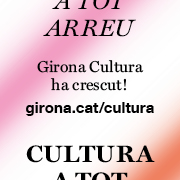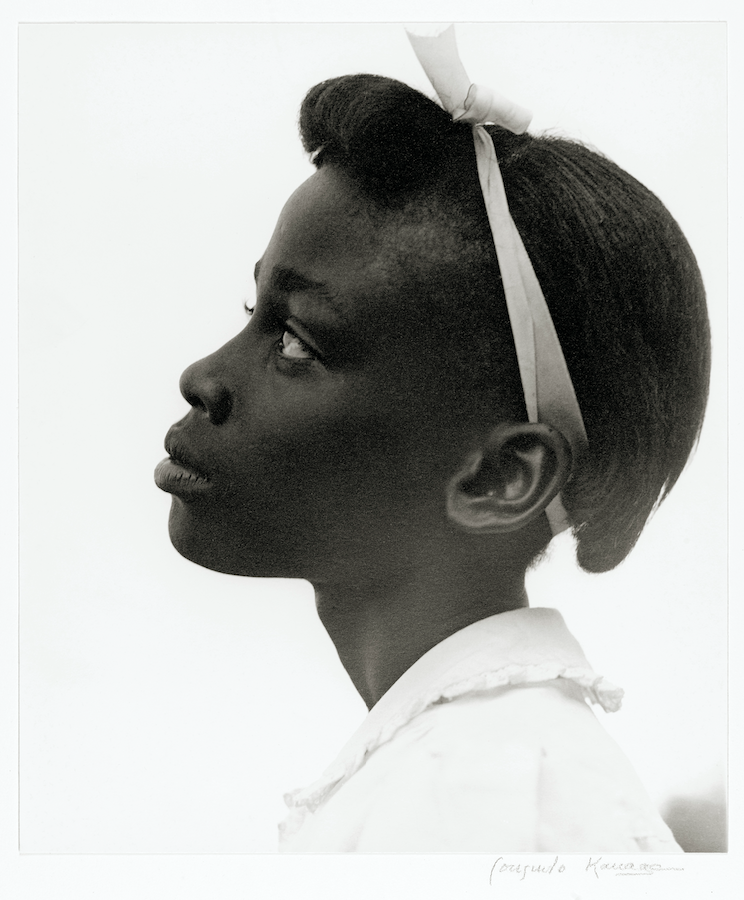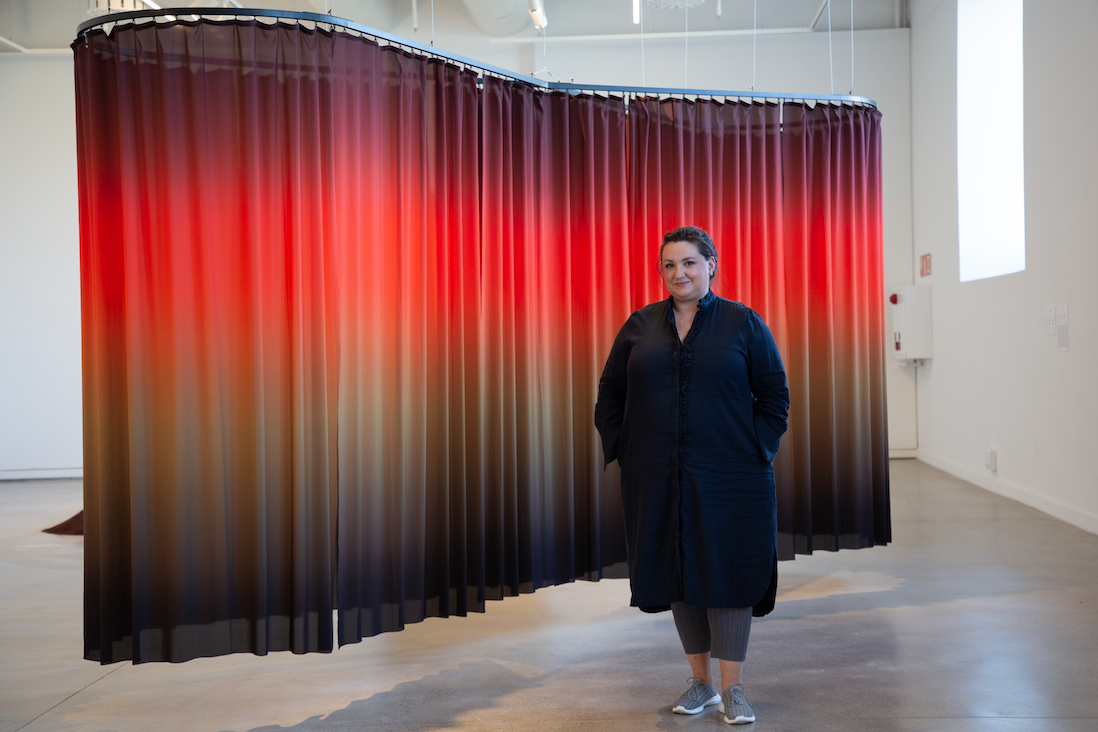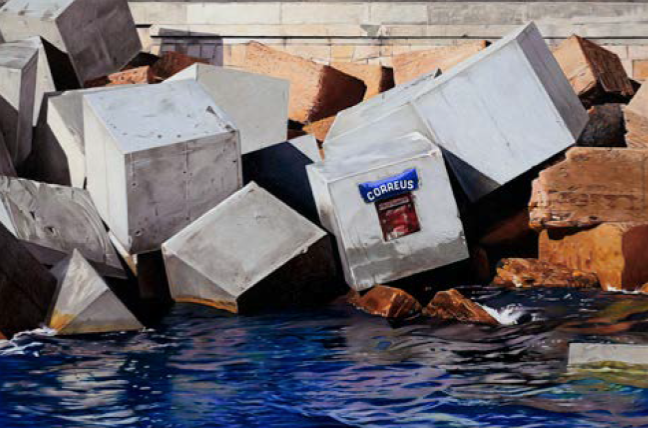library
'The last sentence' by Camila Cañeque
"The greatest charm of starting a novel is knowing that it ends," maintained Camila Cañeque.
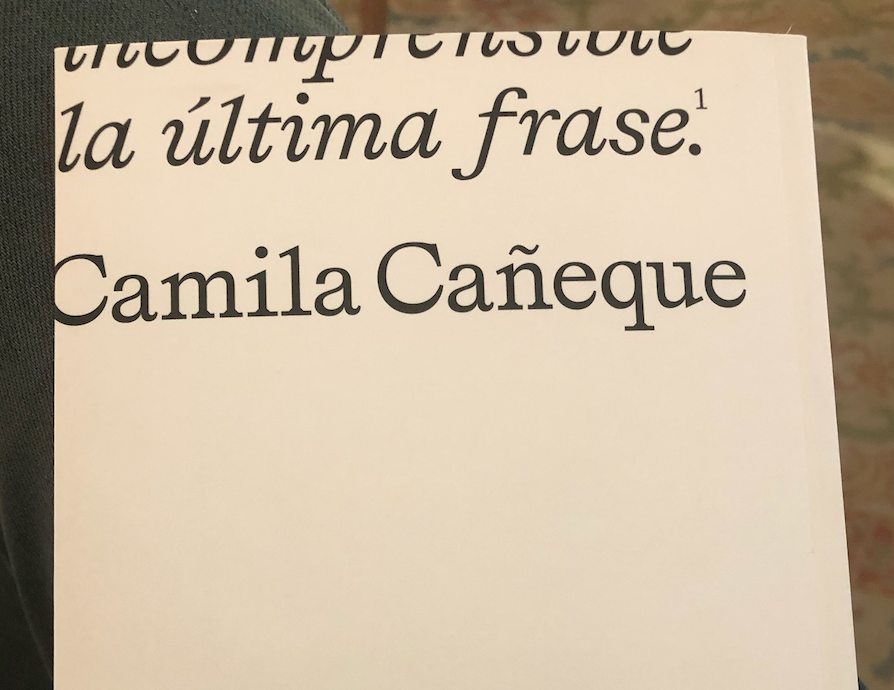
The Finestres bookshop in Barcelona hosted on May 27, the presentation of the book La ultima frase by Camila Cañeque, in an environment full of friends, collaborators and renowned journalists, which exceeded all expectations of attendance. A good opportunity to claim her figure and work that the writer, artist and philosopher leaves us.
The last sentence, edited by Uña Rota, is an essay around the idea of ending from the last sentences in literature. As the author says in the book: "the first sentence is a great seductress, or that's what is expected of her", on the other hand, "the greatest charm of starting a novel is knowing that it ends".
Camila Cañeque (Barcelona 1984-2024) confesses to us:
" Something happens to me with the damned literature, something like a profound respect or shit. Maybe it's the only place where I've experienced the feeling of love. That is, admiration. And, therefore, his practice, writing, seems to me that I can only exercise it on the basis of a complete and rigorous delivery".
The presentation of the book was organized around a dialogue between Rafael Argullol, Eloy Fernández Porta and Carlos Rod, editor of the book.

The editor, from Segovia, commented on how they came to know each other and the complicity in the work of the "guts" of the book. Marathon hours of reading, mostly out loud, to amplify the blank spaces and relocate the last sentences like "bouquets that generate stories". A calm, enthusiastic Camila, with a great sense of humor and very consistent with her work.
Eloy Fernández Porta, writer and doctor in humanities from Pompeu Fabra University, saw the author in a generation of creators who "broke literature and art". Reminding us of his most relevant performances and above all his commitment to life and art.
And on another level, Rafael Argullol, renowned philosopher, poet, essayist and Professor of Aesthetics and Theory of the Arts at Pompeu Fabra University, gave us a wonderful reflection on the book. Remembering a conversation with Camila Cañeque in 2010. She already had this text in mind that today sees the light in essay format. He also tells us about the particularity of the beginning in every work, the desire to be complicit with the reader in order to face the true heart of the work: "the last sentence, the one that captures the power of the text. It is like a library of last sentences", says Argullol, "like a portable theater, that Camila appears and disappears between the different fragments". To continue highlighting the exceptionality of the text, "which pulls the reader in with force". It leads us to reflect on time and death, in a double spill: "fascination for the ephemeral, at the same time resistant and a deep love of life, despite its fragility loaded with goodbyes."
The last sentence is placed as a work of literary prescription and artistic creation reference.
...to finish, the reading of some of the paragraphs of the book was chosen.
A very good end to an act organized with love.



